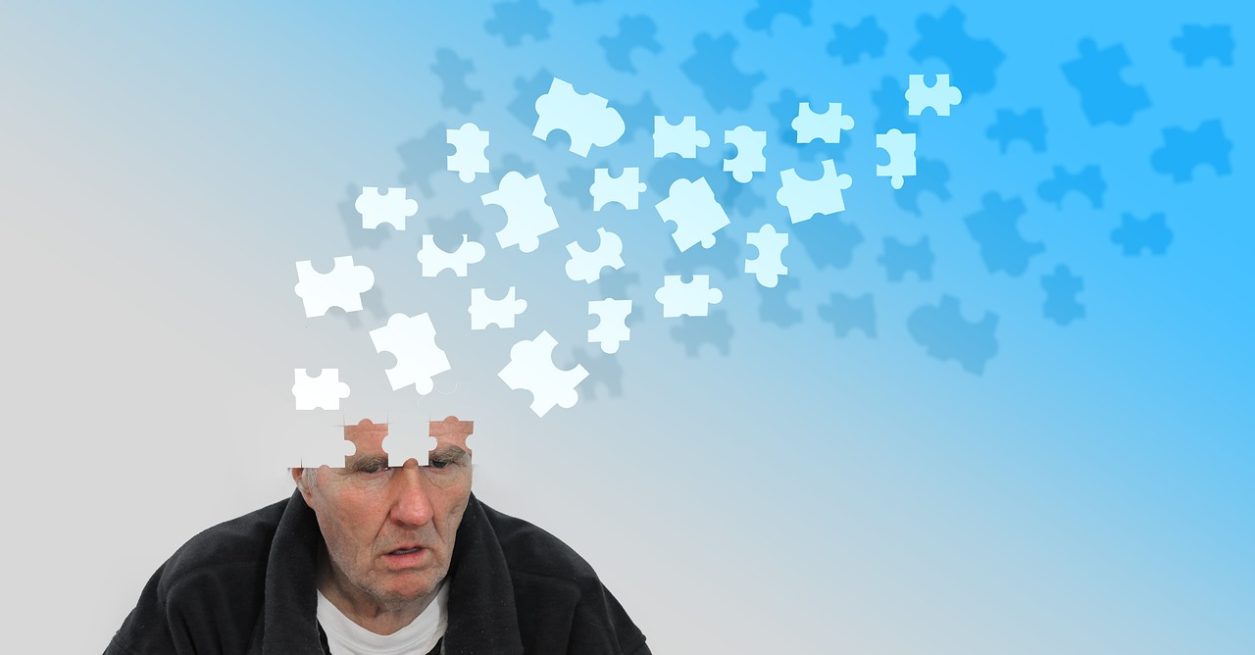
Dementia is a challenging condition that affects millions of people worldwide. Caring for individuals with dementia requires specialized knowledge, compassion, and a person-centered approach. In this article, we will explore effective tips and strategies recommended by experts to provide the best possible care for individuals living with dementia.
Understanding Dementia
Dementia is a progressive neurological disorder that impairs cognitive function, memory, and daily functioning. It is crucial to have a basic understanding of the condition to provide appropriate care.
Dementia can manifest in various forms, including Alzheimer’s disease, vascular dementia, and Lewy body dementia. Each type may have unique symptoms and progression patterns, necessitating personalized care strategies.
Creating a Safe Environment
One of the primary goals of dementia care is to ensure a safe and comfortable environment for the individual. This involves making modifications to their living space to minimize hazards and promote independence. Some key considerations include removing tripping hazards, installing grab bars in bathrooms, labeling drawers and cabinets, and ensuring proper lighting.
Establishing a Routine
Consistency and routine can provide a sense of stability for individuals with dementia. Establishing a daily routine can help reduce anxiety and confusion. Set regular times for meals, medication, and activities. Avoid sudden changes whenever possible, as they can be disorienting and distressing for someone with dementia.
Communication Strategies
Effective communication is vital when caring for someone with dementia. Here are some strategies to enhance communication:
Use simple and clear language: Keep sentences short and use familiar words to convey your message.
Maintain eye contact and non-verbal cues: Establishing eye contact and using gentle touch can help maintain focus and create a connection.
Give ample time for response: Allow the person with dementia enough time to process and respond to questions or prompts. Avoid rushing or interrupting them.
Break tasks into manageable steps: Simplify instructions by breaking them down into smaller, sequential tasks. This approach can make activities more manageable and less overwhelming.
Engaging in Meaningful Activities
Engaging individuals with dementia in meaningful activities can enhance their overall well-being and quality of life. Activities that tap into their interests and past hobbies can stimulate cognitive function and evoke positive emotions.
Some examples include puzzles, reminiscence therapy, gardening, listening to music, and art therapy. Remember to adapt activities to their abilities and preferences as the disease progresses.
Supporting Emotional Well-being
Dementia can often lead to emotional distress and mood changes. It is crucial to provide emotional support and create a positive environment. Show empathy, validate their feelings, and offer reassurance. Engage in activities that promote relaxation and emotional well-being, such as gentle exercise, mindfulness exercises, and social interactions with loved ones.
Seeking Professional Support
Caring for someone with dementia can be physically and emotionally demanding. Don’t hesitate to seek professional support and respite care when needed. Join support groups or consult with dementia care specialists who can provide guidance, resources, and coping strategies for both the caregiver and the individual with dementia.
Conclusion
Effective dementia care requires a holistic approach that encompasses understanding, compassion, and evidence-based strategies. By creating a safe environment, establishing routines, employing effective communication techniques, engaging in meaningful activities, and supporting emotional well-being, caregivers can enhance the quality of life for individuals with dementia.
Remember, each person with dementia is unique, so it is essential to adapt care strategies to meet their specific needs. With the right knowledge and support, we can provide the best possible care for individuals living with dementia.












